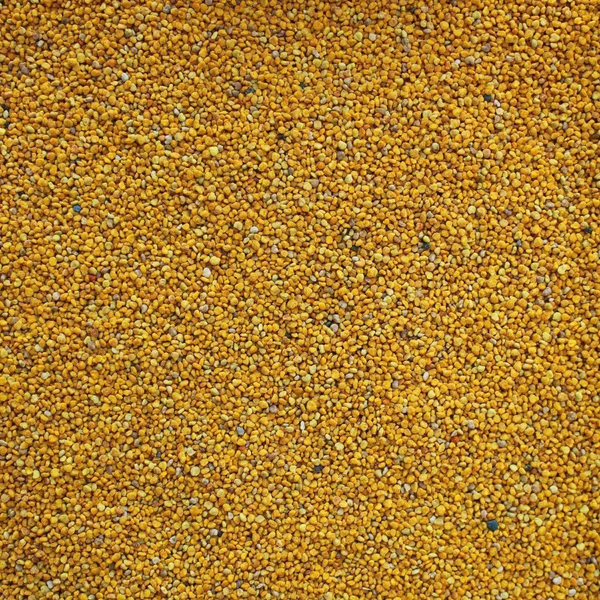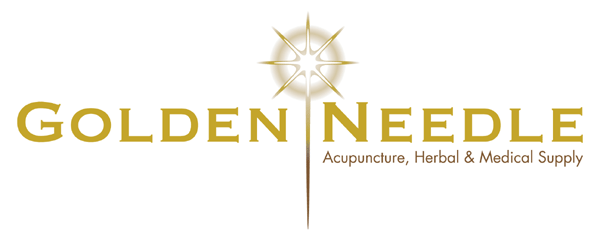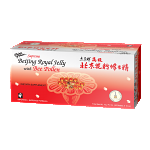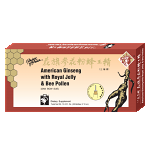Bee Pollen, Spanish, EU Organic

Bee Pollen, Spanish, EU Organic
| SKU | Herb1042 | |
| Brand | Golden Needle Products | |
| Unit Size | 1 lb | |
| Dosage | Start with one teaspoon, preferably taken with a piece of fruit, as the fruit fibers (raw hemicellulose) reinforce the activity of the fresh pollen. Increase your intake every day by a few grains until reaching two teaspoons a day (10 ml). For normal daily intake, you may take up to one tablespoon (15 ml), daily. Bee pollen has a slightly sweet, chalky taste and it can be added to smoothies, salads, cereal, or enjoyed in any way, preferably kept raw. | |
| Potency | 1:1 | |
| Taste | Sweet | |
| Properties | Store in a cool, dark, dry place in an airtight container. Refrigeration not required but recommended. | |
| Contraindications | Bee pollen appears to be safe for most individuals but if you have any pollen allergies, are pregnant or breastfeeding, or use blood thinning medications, please consult your healthcare provider before use. | |
| Western Symptomology | fatigue; | |
| Description | This raw bee pollen was collected from Cistus blossoms (aka Rock Rose). Beekeepers then ethically harvest the pollen by gently removing it from the hives without harming the bees or disturbing their routine. The pollen is carefully dried in the open air to retain optimal nutritional integrity. During the collection process, the pollen is never heated or ground up resulting in an extremely high-quality pollen which is completely natural and raw. Bee pollen is considered one of nature's most complete foods as it contains nearly all nutrients required by humans. Bee pollen is rich in protein (approximately 40%), with easy to assimilate amino acids, and many vitamins, including B-complex and folic acid as well as a multitude of antioxidant flavonoids, such as myricetin, quercetin, rutin, and trans-cinnamic acid. |
|
| Ingredients | Bee Pollen, Apis mellifica, EU Organic Because of inter-governmental bureaucracy, when organic products with EU organic certification are not imported directly into the USA (imported into Canada first) they are not allowed to be named "organic" even though USA and the EU have an "equivalency agreement" for organic standards. |
|











